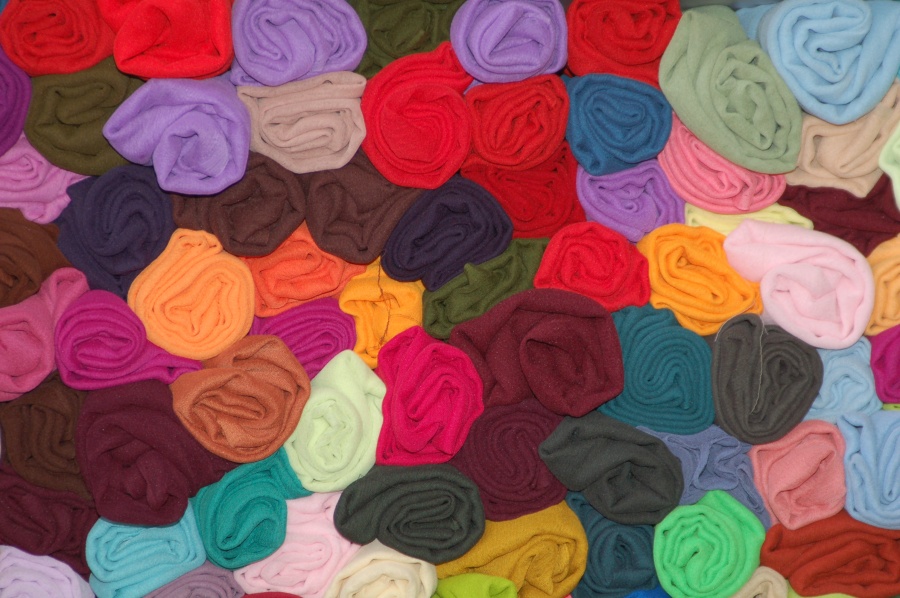Dvar Torah for Parshat Tetzaveh
Based on Rabbi Nachman’s Wisdom #23
“Make sacred clothing for Aharon your brother, for honor and eminence” (Exodus 28:2).
The Rebbe then said, “Happy is the one worthy of eating many chapters of Mishnah and afterward drinking a number of psalms, and clothing himself with some mitzvot” (emphasis added).
Allow me to share with you this passage, rendered from the holy Zohar (1:224a).
“Come, look at what happens when the days [of a person’s life] present themselves to the Holy King. If the person is a tzaddik when he leaves this world, he goes up to the Garden of Eden, and his days are beautiful clothing for his soul. Which days? The ones in which he was privileged to do mitzvahs and not sin. Woe to the person who comes upstairs without all his days! When they want to dress him in his days, the days he spoiled by sin will be missing. His outfit will be incomplete.
“Certainly, if there are many such days and he has nothing to wear! Woe to him! Woe to his soul! He will be judged…and pay twice for his wrongdoing. One, he will be punished for his misdeeds. Two, [because he didn’t do mitzvahs,] he won’t have any clothing for his soul.
“Fortunate is the tzaddik whose days are safely stored with the Holy King. They will be made into elegant clothing in the World to Come.”
Rebbe Nachman tells a story (Tzaddik #228)* about a tzaddik who, in the afterlife, gave clothing to someone who was totally naked. But why should we take such a chance? It’s much better that we follow the tzaddik’s advice in this world. By having him “make sacred clothing for [his] brother” in this way, we will be doubly rewarded (at least). One, we avoid the disgrace of being naked, and two, our souls will wear clothing of “honor and eminence” in the World to Come.
May we be privileged to properly practice Rebbe Nachman’s advice. Amen!
agutn Shabbos!
Shabbat Shalom!
© Copyright 2011 Breslov Research Institute
*In the original Hebrew, it is Chayei Moharan #102.

